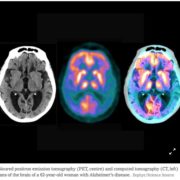As a family member, it’s a difficult and emotional journey to care for and watch your loved one experience signs of dementia. Yet, having a consistent caregiver (and having someone they are familiar with care for them) can substantially improve their quality of life.
At the same time, caring for an individual with dementia, especially someone you love, can be overwhelming. In fact, as a caregiver, you have an increased risk of experiencing physical and mental health problems. It’s by no means an easy task!
Ensuring you’re taking care of yourself so that you can give your best self is of the utmost importance. And maybe this is all new to you or perhaps you’re feeling like you’re burnt out. What can you do? Here are a few tips.









